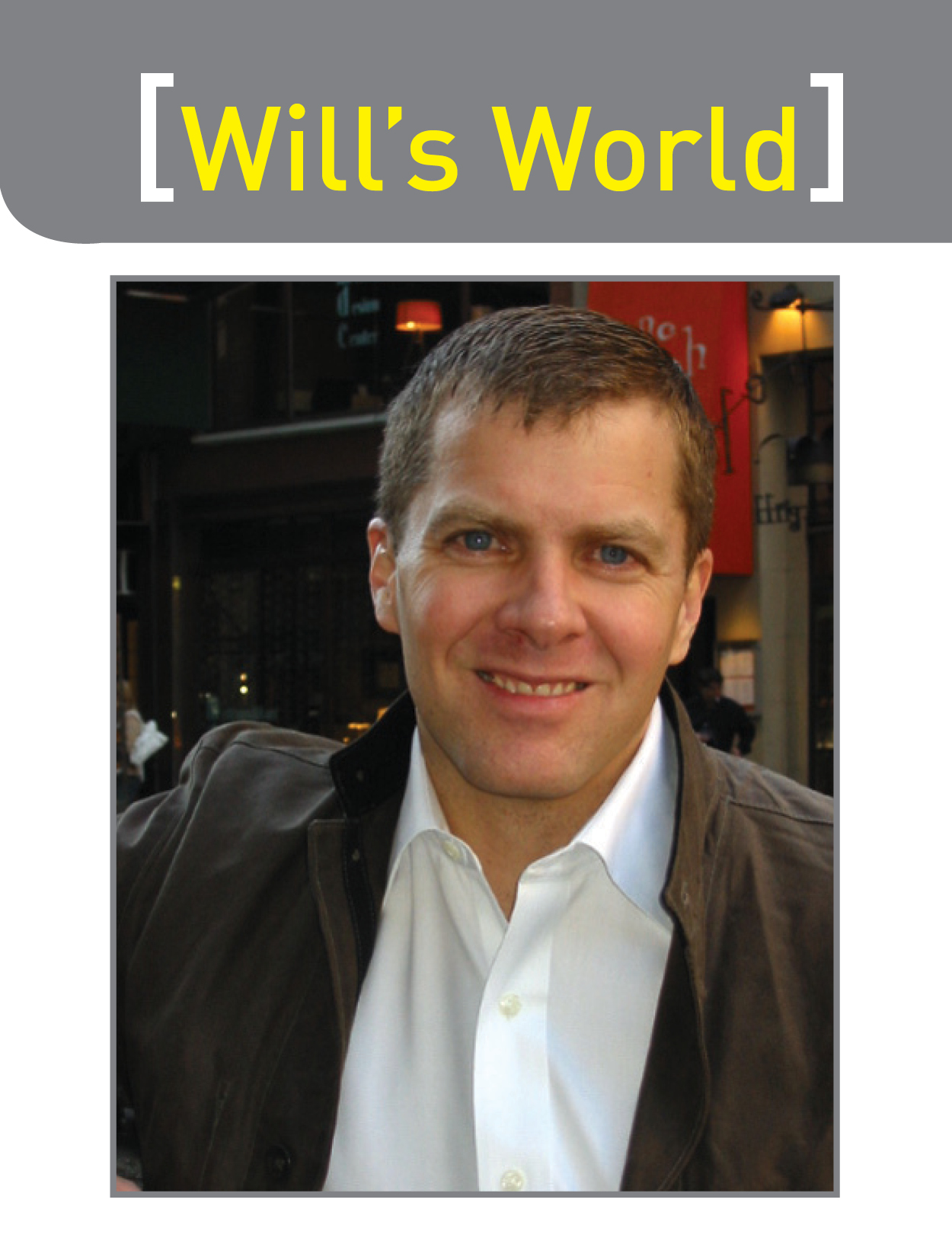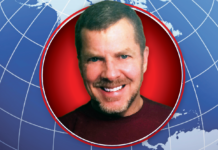By Will Carlin
Near the end of the final day of the Skill Level Championships, I was chatting with Justin Mather from Georgia, who had just played well, but lost, in the consolation round of the 5.5 draw. “The thing is,” he said, “I came here honestly thinking that I had a shot to win this tournament, so the whole thing is a little depressing. I don’t think I want to play squash for a while now.”
I could sympathize, for like Justin, I, too, thought I had a chance to take the whole thing but lost in the consos. I was discouraged, and over the next couple of days, though I knew I should get back on the court, my motivation was lacking. I am not sure what Justin felt when he got home, but it was soon clear to me that I was suffering from a classic case of burnout.
Ironically, back in March, I got an email from Faraz Hussain in Peoria, Illinois. He wrote: “I would be interested in how to handle burnout—how to overcome the feelings of disillusionment with the game when your results don’t match up with the effort you are putting in.”
At the time, I wrote him back saying that burnout is hard to handle and that the only real solution was to take time off from the game and let the passion rekindle itself. Though I now think that answer was somewhat flippant, it wasn’t meant to be; in fact, I had searched the web and re-read some of my sports psychology books in order to learn enough to try to give him a good answer.
But though the topic was extensively covered, the books and articles on the web mostly were focused on preventing burnout, not dealing with it once you have it. There was surprising consensus on the causes of burnout, including: (1) placing too much emphasis on winning (rather than the process of improving or playing your best); (2) working so hard that you forget to have fun with the game; and (3) having a bad support system (usually manifested in a coach, parent or fellow player who is quick to criticize and forgets to stress the fun of the sport).
It made good sense, but it didn’t address Faraz’s issue (an issue that I now shared): How do you overcome burnout once it’s there?
When I got home, I found that a friend of mine from Pittsburgh had emailed me saying that Beth Fedorovich, a player I had met while playing a tournament in Steel City, was looking for a partner for the National Mixed Doubles championships and wondered whether I were available. Never mind that I knew that I was likely a third or fourth choice, I still was flattered to be asked from so far away.
So, after a couple of email and voicemail exchanges, I said yes.
When I got to the Berwyn Squash & Fitness club outside Philadelphia, I was immediately drawn in. From the almost ebullient front desk man named Bill, to Dominic Hughes, the club owner and head pro (and 45+ National Champ), to the players themselves, everyone was surprisingly cheerful and welcoming.
After receiving the normal ribbing from players I have known for much of my life, but who were not used to seeing me at a tournament for two (“What the heck are you doing at a doubles event?” said more than a few of them), I found players I had not seen recently on the singles circuit, but who were still actively playing doubles. Players like Sara Luther, one of the best US women ever to play the game; John White (yes, that John White, the former number one player in the world); Lee Belknap; Aidan Harrision; Dawn Gray; Ken Jaffe; Sue Greene; Tom Harrity; Beth Rasin and nearly the entire Wyant family (Jack, Missy, Tim and both parents) all were playing in various draws. There also were some singles players who still compete regularly, like Amy Milanek and Hughes.
Morris Clothier, who won the US Squash President’s Cup this past year for his work on keeping doubles thriving, was a competing tournament director, and he brought a feeling of informality and professionalism to the event.
Doubles may be the best spectator version of squash there is (hardball doubles, that is; softball doubles is, well, not), and it is so much fun to watch it played at a high level, that virtually all the players gather in the gallery to see every other match (something that just doesn’t happen at singles events). The camaraderie that this breeds is so palpable, that Molly Pierce was teasing me and hitting me on the shoulder about an hour after we met, and John White was kidded endlessly for being aced in his first-round match by Jack Wyant’s partner: his mom.
I got a total kick out of the fact that two of the players I hit with regularly back at the Heights Casino, Emily Ash Lungstrum and Dana Betts, made the finals and the semifinals, respectively, and that two of the people I attended squash camp with last summer won the whole thing by playing amazing squash: Trevor McGuinness and WISPA pro, Suzie Pierrepont.
And then there was my partner, Beth, whose excitement about playing the event was infectious. She was a revelation. Hopping about the court like a rabbit, she impressed everyone with her retrieving ability and her willingness to stand in there against tough male players. We finished third in the 40+ division (won by the remarkable sixty-something Joyce Davenport and her partner Ed Chilton), but it was almost beside the point. We had a blast.
So, Faraz, I finally have a better answer for you than to take time off: play some doubles. Burnout doesn’t stand a chance.



